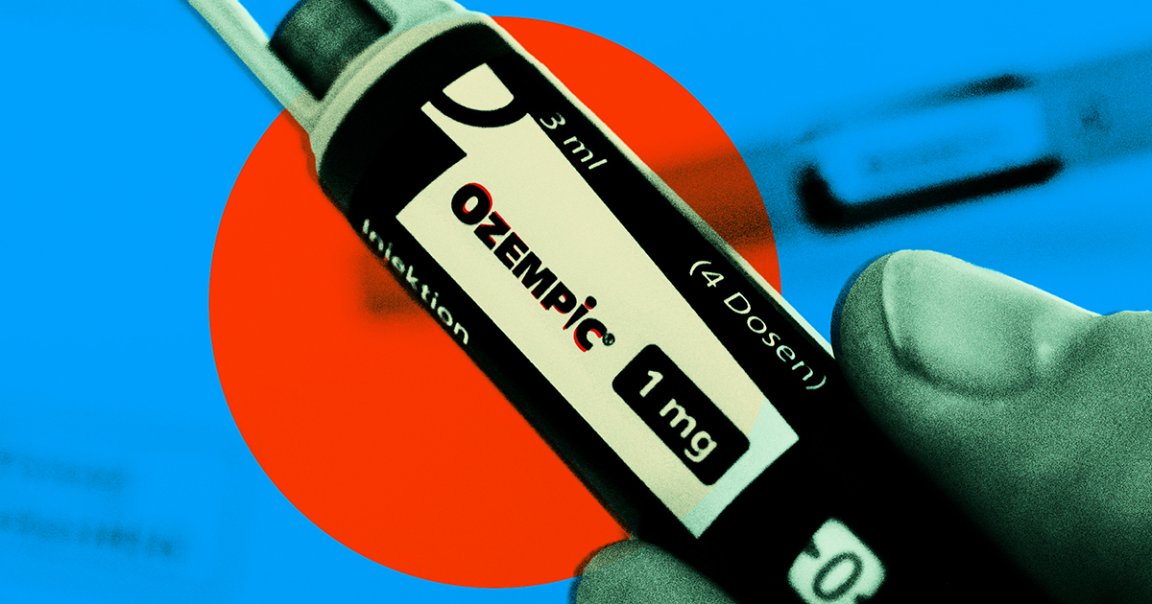
Teens are being prescribed Ozempic and similar drugs more than ever before — and some doctors are worried about what the trend could mean.
In interviews with Reuters and Raleigh, North Carolina’s WRAL, doctors expressed disquiet at recent studies that found that are kids being prescribed the uber-popular jabs at increasing rates.
Two recent studies, the first from the from the data firm Truveta and the second from Evernorth Research Institute, demonstrated significant upticks in teenagers taking Novo Nordisk’s semaglutide-based drugs Ozempic and Wegovy.
As Truveta found, there was a 50 percent increase in kids aged 12 to 17 being prescribed semaglutide in 2024, with an average of 14.8 prescriptions per 100,000 adolescents. Evernorth’s findings, which were broken down by generation, were even more stark, demonstrating a 67.8 percent uptick in Ozempic and Wegovy use among Gen Z, or those currently between the ages of 15 and 28.
These drugs, which belong to a class of medication known as glucagon-like peptide-1 (GLP-1) receptor agonists, are believed to work by mimicking the stomach’s feelings of fullness. Despite decades of research, however, doctors still aren’t entirely sure how GLP-1s work, and there are still questions about their long-term effects.
Jennifer McCauley, a weight loss doctor at the University of North Carolina medical system, told WRAL that she would be “reluctant” to start an adolescent on the drugs without trying other interventions first. Even if she did, McCauley said she would make sure they were prescribed in tandem with dietary changes and exercise to head off the drugs’ purported potential to decrease bone and muscle mass.
“It’s important that there is sufficient protein in the diet,” the UNC doctor said. “We don’t want kids losing muscle mass or bone mass at an early age because that will set them up with issues potentially with osteoporosis in the future.”
Pediatrician Robert Siegel of the Cincinnati Children’s Hospital echoed similar concerns when speaking to Reuters.
“These medications are likely to be needed for a very long time to maintain weight,” the doctor said, “and we only have a relatively short-term experience with them.”
Like McCauley, Siegel also cited muscle mass changes when discussing teen GLP-1 use, and said that many doctors lack the equipment or expertise to monitor it.
On social media, meanwhile, the economic implications of teens increasingly using these uber-expensive drugs was put on blast.
“Teens on Wegovy up 50 percent?” a commentator on X remarked. “Meanwhile, schools cut gym classes and sell soda in vending machines. Rich families get ‘miracle drugs’; poor kids get ‘eat less.'”
More on GLP-1s: This Sleazy GLP-1 Prescription Site Is Using Deepfaked “Before-and-After” Photos of Fake Patients, and Running Ads Showing AI-Generated Ozempic Boxes